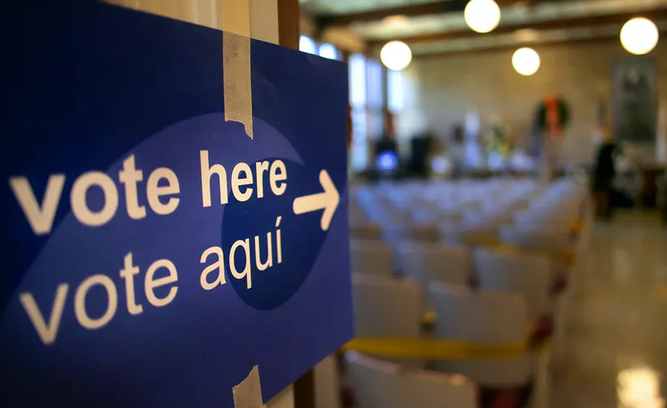The former Obama administration director of the Defense Intelligence Agency and former Trump administration National Security Advisor is back in the news this week after Sally Yates, former acting-Attorney General, testified to the Senate about his history.
She said that the Obama administration had warned Trump not to hire Flynn because Flynn was vulnerable to blackmail from Moscow because Flynn wanted to hide his dealings with Russia.
The reasons behind Flynn’s decisions are known only to him and perhaps the FBI, which is investigating Flynn and others in the Trump administration for possible collusion with Russia during the election.
Flynn was first fired by Obama in 2014.
Between that time and Trump’s candidacy, Flynn was a paid guest on RT, where he criticized the U.S. government, and even shared a table with Putin, reportedly.
During Trump’s run in 2016, Flynn was a big supporter, although he also was being paid $500,000 by Turkey to work on their behalf, reportedly. Flynn did not disclose the relationship with Turkey to the relevant authorities in the U.S. or to the Trump administration.
When Trump was elected he appointed Flynn as National Security Advisor, despite reported warnings from the Obama administration and, according to some, Obama himself, that Flynn could not be trusted because he had lied to the Trump administration about meetings Flynn had with a Russian ambassador (Sergey Kislyak, talking about lifting the sanctions currently on Russia over Crimea and Ukraine issues) during the election.
Additionally, when he was appointed by Trump to become National Security Advisor he did not disclose his dealings with Russia on his security clearance form (a federal crime).
When the Trump administration was warned by the Obama administration about Flynn, he was not fired until 2 weeks later, just after the Washington Post reported on the conversation Flynn had with the Russian Ambassador.
Washington Post, NYTimes, NYTimes, NYTimes, NBC News, Foreign Policy, CBS News
